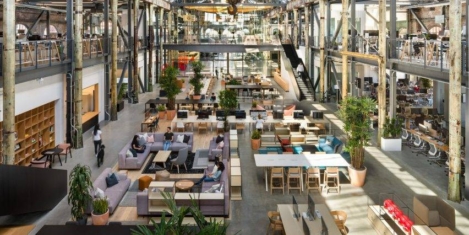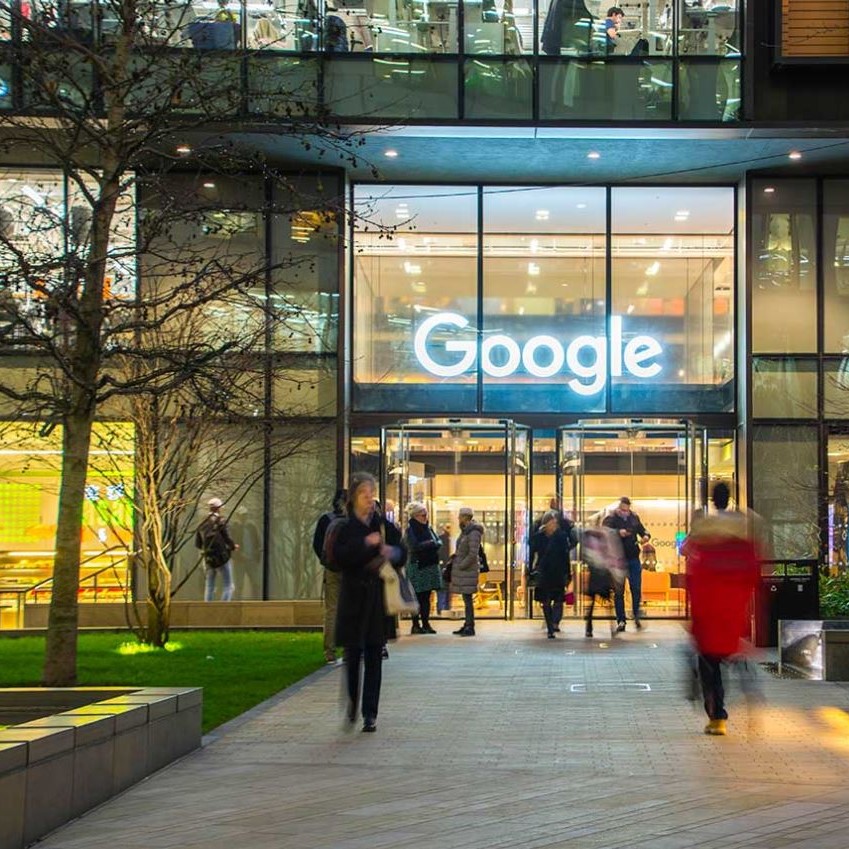July 14, 2019
Workers want offices that inspire themselves and others
 New research from Ambius, claims that more than half (56 percent) of Brits have felt what they call office envy after visiting another organisation’s workspace. Despite the majority (55 percent) communicating this ‘lack of office inspiration’ to their office manager or employer, most saw no change as a result. The survey of 1,000 UK office workers also claims that employees are conscious of how their office looks on social media. Just one in five think their office space is beautiful, and as a result, only 22 percent would be proud enough to post a picture of it on Instagram, or other social channels. (more…)
New research from Ambius, claims that more than half (56 percent) of Brits have felt what they call office envy after visiting another organisation’s workspace. Despite the majority (55 percent) communicating this ‘lack of office inspiration’ to their office manager or employer, most saw no change as a result. The survey of 1,000 UK office workers also claims that employees are conscious of how their office looks on social media. Just one in five think their office space is beautiful, and as a result, only 22 percent would be proud enough to post a picture of it on Instagram, or other social channels. (more…)


































July 15, 2019
The importance of self care for mental health
by Christine Husbands • Comment, Wellbeing